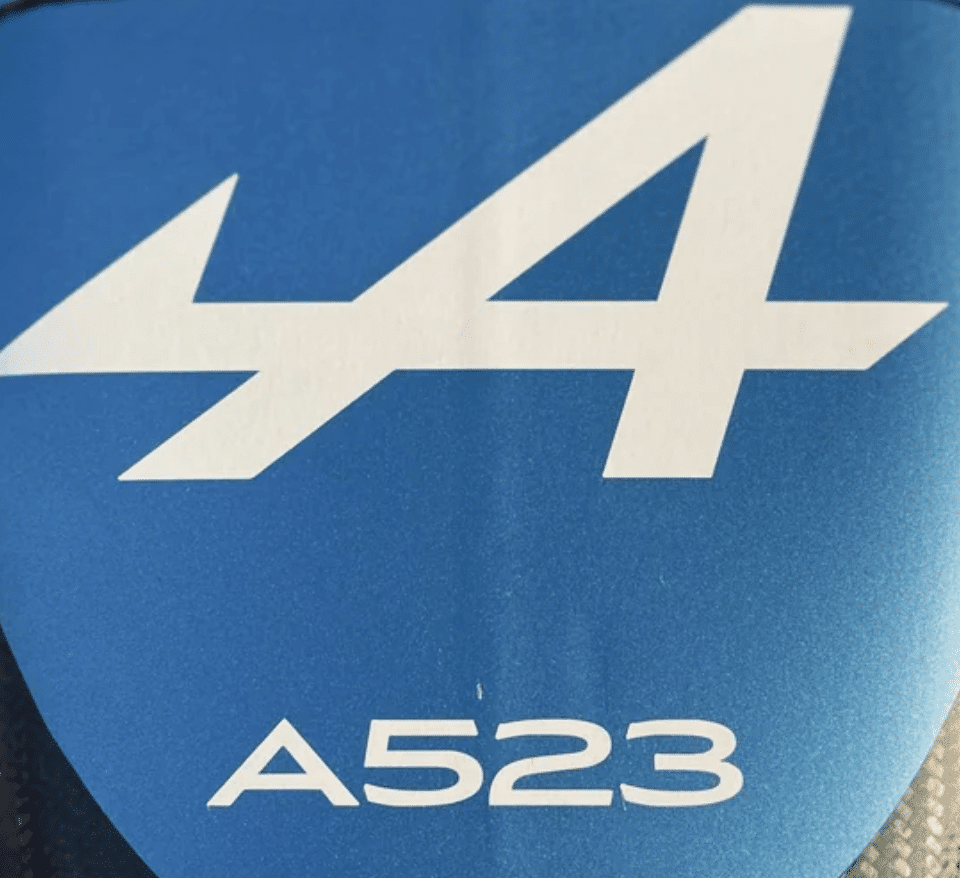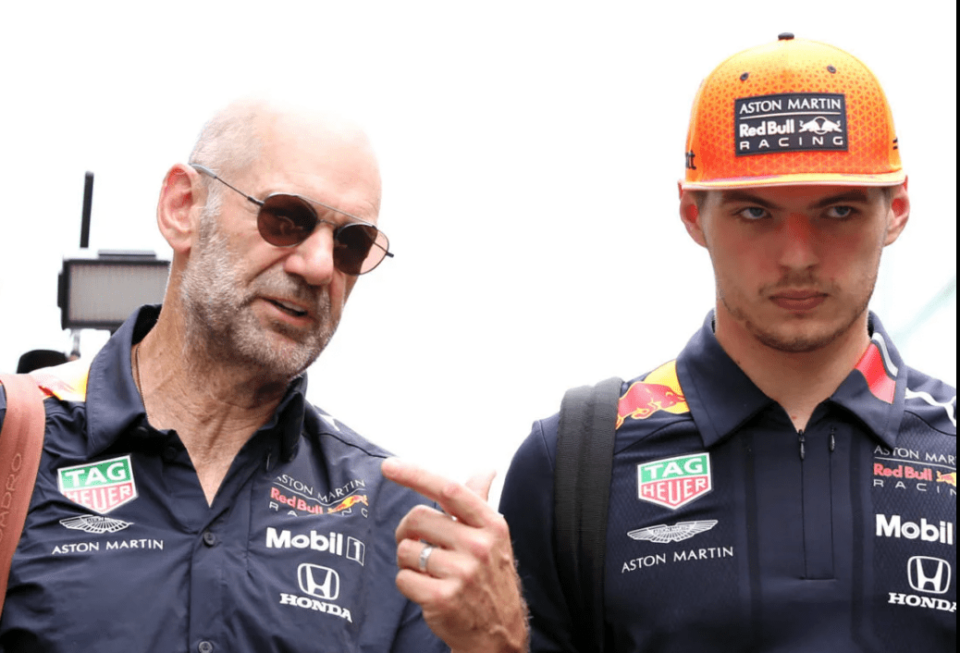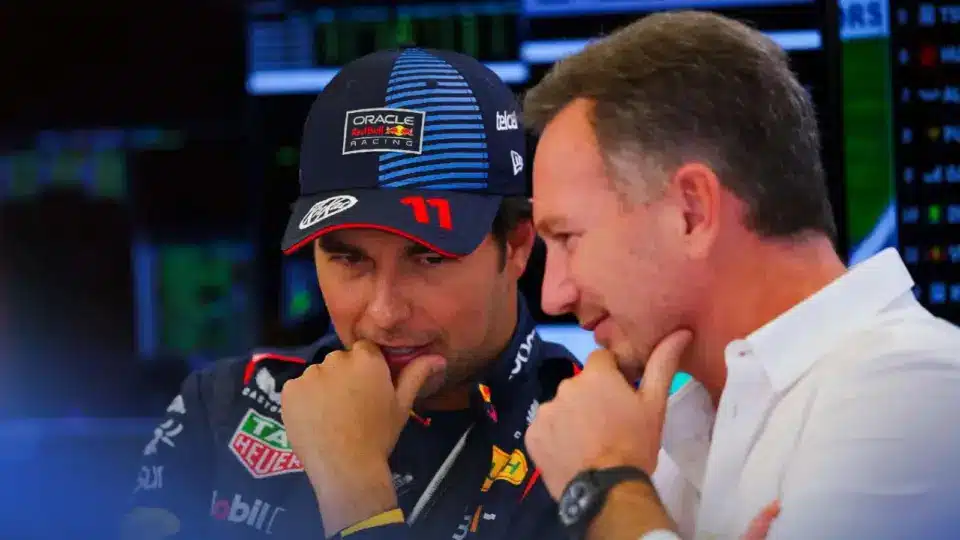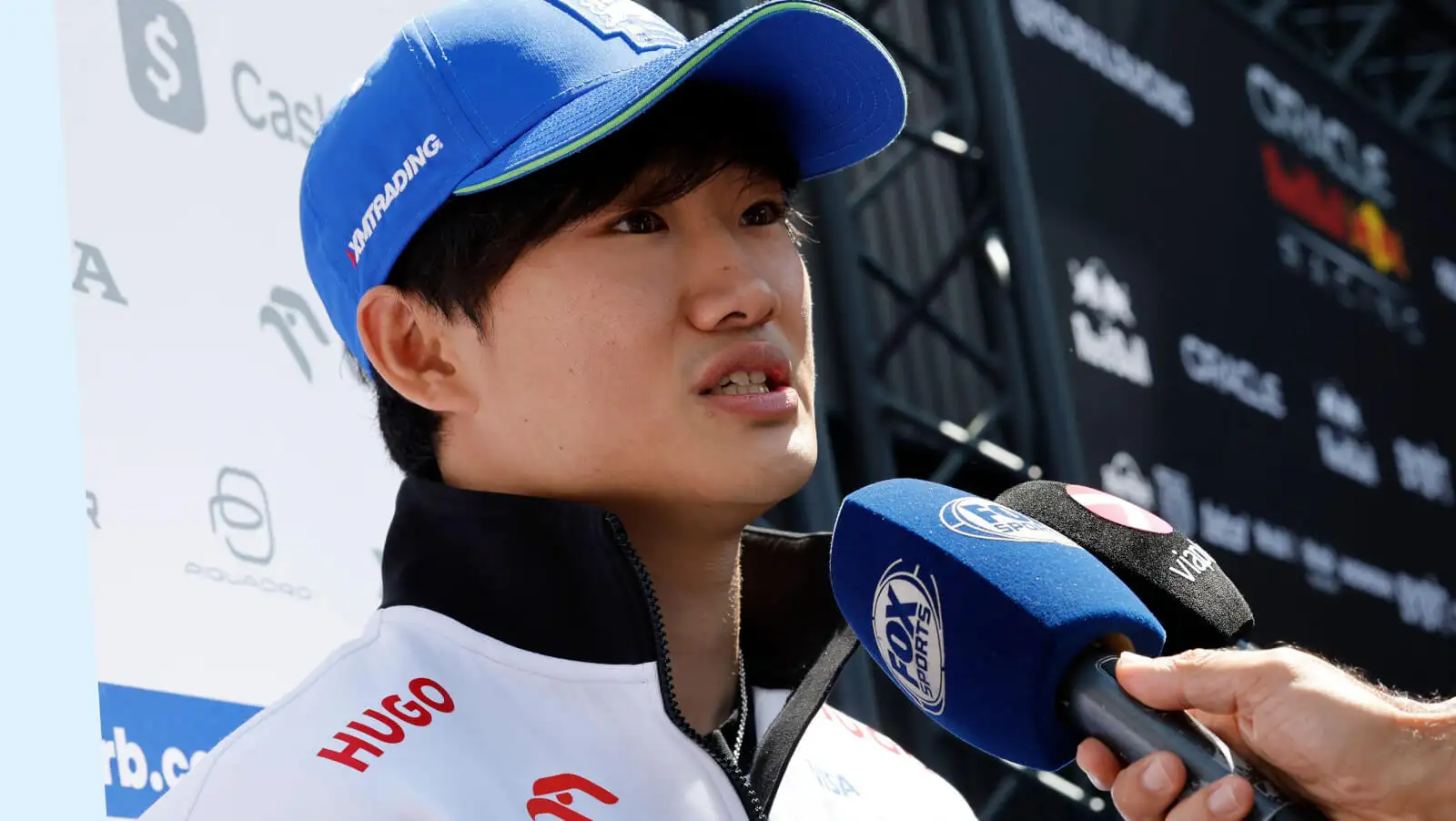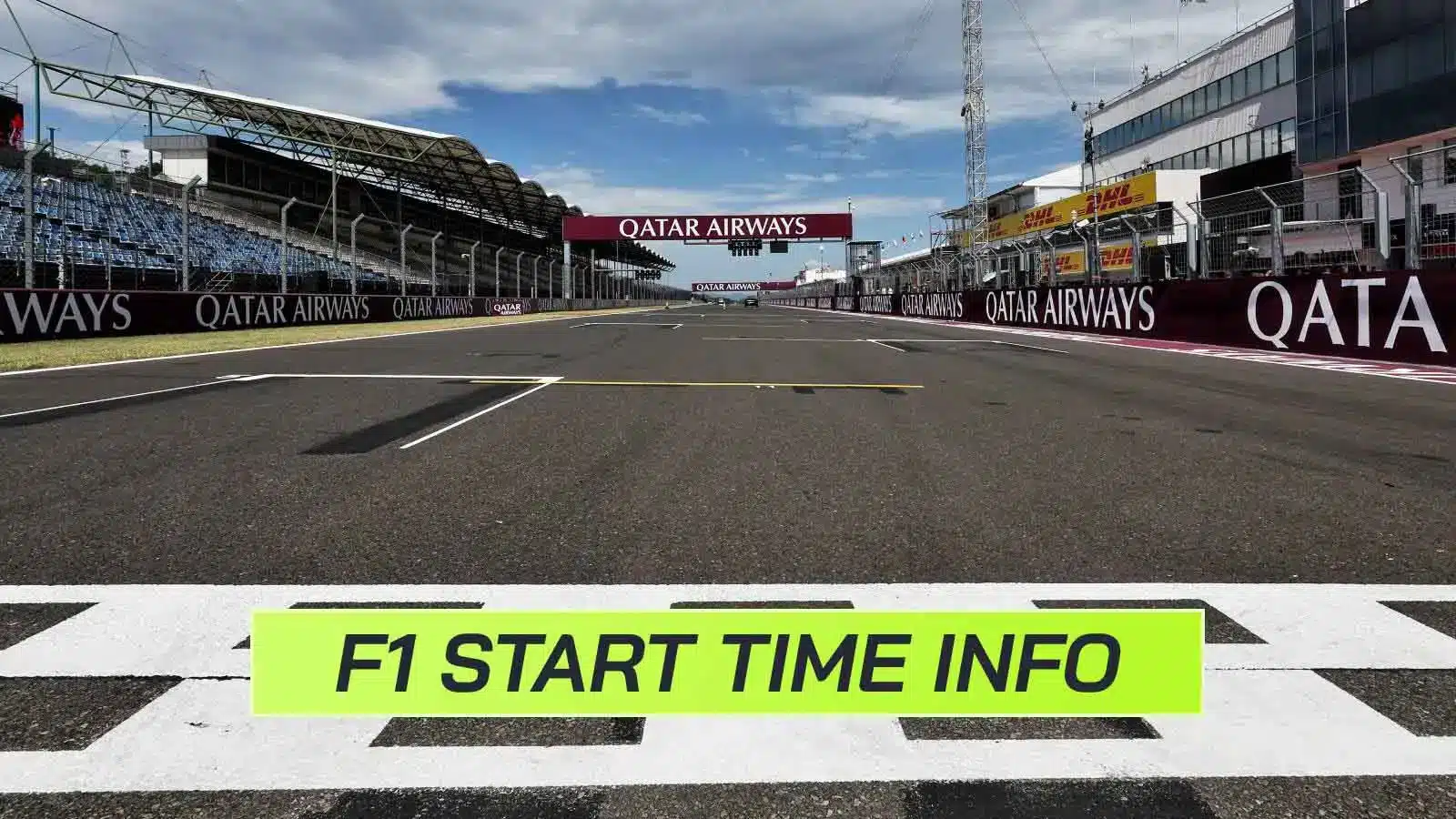- Alpine may end its long-standing partnership with Renault engines starting in the 2026 season.
- Recent reports indicate that Alpine could turn to engines from Mercedes, Ferrari, Audi, or Honda.
- The potential switch has caused a stir given Renault’s historical significance in F1.
- Renault has been an essential player in F1 since 1977, powering teams to numerous titles.
- Flavio Briatore’s return to Alpine adds another layer of intrigue to the situation.
Imagine Alpine’s Formula 1 cars, traditionally powered by Renault engines, being fitted with a Mercedes, Ferrari, Audi, or Honda engine. Recent reports suggest that this incredible shift could happen as early as the 2026 World Championship season. The news has set the F1 world abuzz, especially given Renault’s deep-rooted legacy in the sport.
Renault is one of the most significant engine manufacturers in Formula 1 history. Since their first engine entered the championship in 1977, they have powered teams to twelve Constructors’ and eleven Drivers’ titles. This impressive tally places Renault among the giants of the sport, alongside Mercedes and Ford, and just behind Ferrari’s record 31 titles. Renault’s contribution to F1 has been substantial, making them a cornerstone of engineering and innovation in the sport.
Alpine, originally the Renault F1 Team, rebranded in 2021, still uses Renault engines. They are the only team currently supplied by Renault. This follows Red Bull’s switch to its own engines and McLaren’s return to Mercedes units. Alpine’s operations, based in Enstone, England, continue to be a hub of innovation. Meanwhile, Renault’s engine expertise is centered in Viry-Châtillon, France, the birthplace of their powerful F1 engines.
According to British journalists from Autosport and Motorsport, Alpine may abandon Renault engines in 2026. This coincides with an overhaul of F1 regulations, bringing new power units into play. To sidestep the high costs of developing a fresh engine, Alpine might consider purchasing from competitors. The main contenders include Mercedes, Honda, and Ferrari. Such a move would dramatically shift the team’s strategy and have far-reaching implications for the F1 competitive landscape.
Intriguingly, Flavio Briatore, a name synonymous with both F1 success and controversy, has been brought back by Renault president Luca de Meo to revive the struggling Alpine team. Briatore’s role is that of a special supervisor, not requiring constant on-track involvement. His presence could be crucial in making significant decisions, like dropping Renault engines, and could even signal Renault’s potential exit from the sport altogether.
Briatore’s history with Renault is notable. He led the team, known then as Benetton, to its first two Drivers’ titles with Michael Schumacher. Later, under the Renault banner, he won two Drivers’ and Constructors’ Championships with Fernando Alonso in 2005 and 2006. However, his career was also marred by the 2008 Singapore Grand Prix scandal, where a crash was allegedly staged to help Alonso win. Despite this, Briatore stayed connected with the sport, maintaining close ties with key figures and continuing as Alonso’s manager.
The challenges Briatore faces are significant. Alpine has struggled in recent seasons, dropping to sixth place in 2023 and scoring just two points in the current season amid internal team conflicts. Compounding these issues is the fierce competition for top engineering talent. Although the team recently recruited aerodynamicist David Sanchez from Ferrari and McLaren, the market for skilled designers remains highly competitive. Briatore, undeterred, is actively working to bolster Alpine’s team through recruitment and talks with high-profile designers like Adrian Newey.
The rumoured engine switch and Briatore’s return could mark a pivotal moment for Alpine as it approaches the 2026 season.
